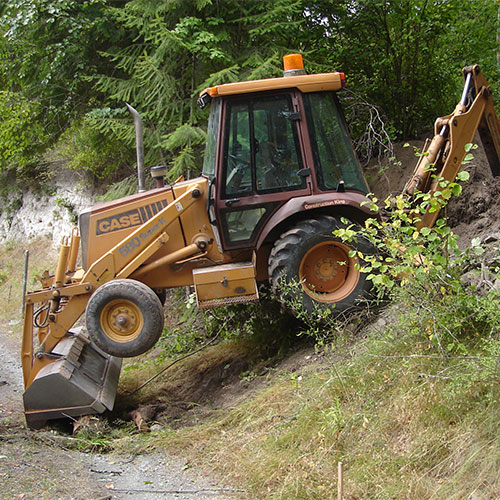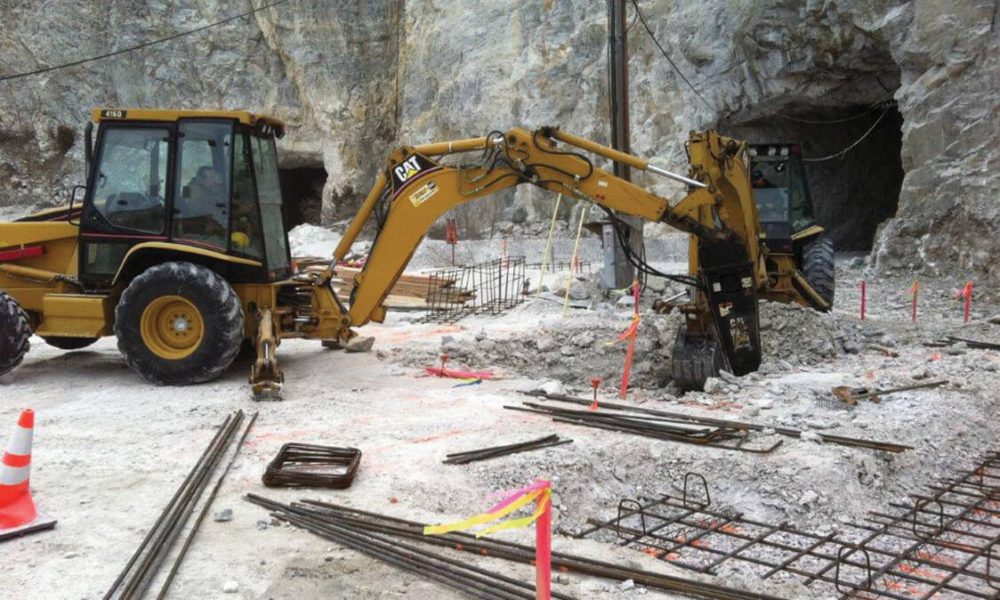Dump Truck Companies in Ohio - Trusted Dump Truck Services Across Ohio
Dump Truck Companies in Ohio - Trusted Dump Truck Services Across Ohio
Blog Article
Comprehensive Excavation Techniques: Grasping the Basics for Success
The mindful preparation, exact implementation, and careful interest to detail needed in excavation jobs demand a comprehensive strategy that includes numerous fundamental facets. The real mastery exists not simply in comprehending these principles yet in effortlessly integrating them to browse the intricacies of excavation tasks with skill.
Comprehending Excavation Job Preparation

The first phase of any kind of excavation project is the preparation stage, where vital choices are made that can considerably affect the end result of the task. Understanding the job scope, budget plan, and timeline restrictions is essential for producing a thorough excavation strategy that guarantees the project's success.
One trick aspect of excavation project planning is the advancement of a detailed timeline that details the sequence of due dates, milestones, and activities. By meticulously taking into consideration all these factors during the preparation phase, excavation jobs can be executed effectively and properly, leading to effective results - lancaster excavation.
Soil Analysis and Site Assessment
Performing extensive dirt evaluation and site assessment is an essential action in the prep work stage of any type of excavation project. Soil evaluation involves establishing the composition, structure, and buildings of the soil at the excavation site. This details is essential for understanding the dirt's bearing capability, dampness material, and possibility for erosion, which are vital variables in establishing the excavation approaches and devices required for the task.
Site examination goes beyond dirt evaluation and incorporates a more comprehensive analysis of the overall site problems. This assessment consists of recognizing any type of potential hazards, such as underground energies, environmental problems, or unsteady surface, that could influence the excavation procedure. By completely reviewing the website, project managers can create reliable excavation methods that focus on security, efficiency, and environmental management.
Utilizing sophisticated technologies like ground-penetrating radar, dirt tasting, and drone surveys can enhance the accuracy and efficiency of dirt analysis and site analysis. Investing time and resources in these preliminary actions can eventually save time and avoid costly hold-ups or issues throughout the excavation procedure.
Devices Selection and Application
Effective excavation projects count heavily on critical equipment choice and use to ensure optimum performance and productivity. Choosing the ideal devices for the work is critical in making best use of performance and reducing downtime. Aspects such as the kind of soil, deepness of excavation, and job range play a considerable function in identifying the most suitable equipment for the task available.

In enhancement to choosing the ideal tools, correct utilization is key to task success. Operators must be educated to handle the equipment securely and efficiently - lancaster excavation. Normal upkeep checks and timely repair work aid avoid failures and make certain constant efficiency throughout the task
Safety Steps and Regulations Conformity
In the realm of excavation projects, focusing on precaution and compliance with policies is vital to ensuring a safe and legally audio operational atmosphere. Precaution encompass an array of techniques, consisting of conducting detailed website assessments, executing correct signs and obstacles, and supplying appropriate security training for all personnel associated with the excavation procedure. Adherence to regulations, such as OSHA requirements in the United States, makes sure that the excavation project satisfies the necessary standards to secure workers, onlookers, and the surrounding environment.

Surveillance Development and Adjusting Techniques
Exactly how can predict supervisors efficiently track the improvement of excavation projects and adjust their methods accordingly to optimize end results? Tracking progress is important for guaranteeing that excavation tasks remain on track and satisfy due dates. Job supervisors can utilize various tools and techniques to track development, such as day-to-day progression reports, regular website examinations, and progressed monitoring modern technologies like drones and GPS tracking systems. By continuously keeping track of the job's advancement, supervisors can identify any possible delays or problems beforehand and take proactive steps to resolve them.

Conclusion
To conclude, understanding the basics of detailed excavation methods is important for the success of any job. By comprehending job preparation, evaluating soil and site conditions, choosing ideal tools, abiding by safety and security guidelines, and monitoring progress, task managers can make certain a efficient and smooth excavation procedure. Applying these approaches will lead to successful results and reduce potential risks or obstacles throughout the excavation project.
The first stage of any type click this link of excavation job is the preparation stage, where essential choices are made that can considerably affect the outcome of the task. Recognizing the job budget plan, scope, and timeline constraints is critical for creating a comprehensive excavation strategy that makes sure the job's success.
How can predict managers properly track the advancement of excavation projects and adjust their methods appropriately to enhance end results? By very closely keeping an eye on progress and being eager to adjust methods, task supervisors can enhance the overall success of excavation projects.
By understanding job planning, evaluating soil and site conditions, choosing appropriate tools, complying with security policies, and monitoring progress, task managers can guarantee a efficient and smooth excavation procedure.
Report this page